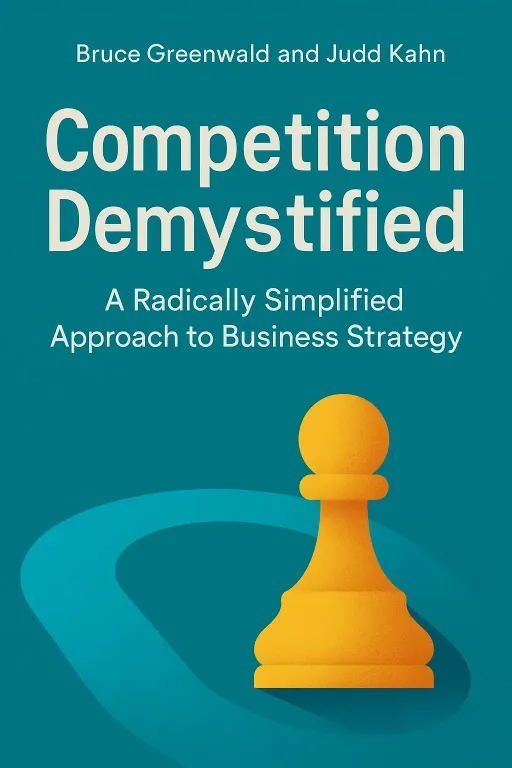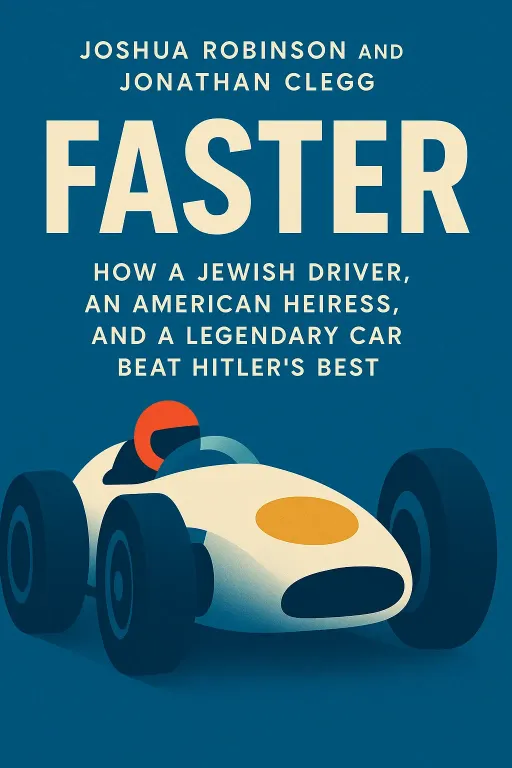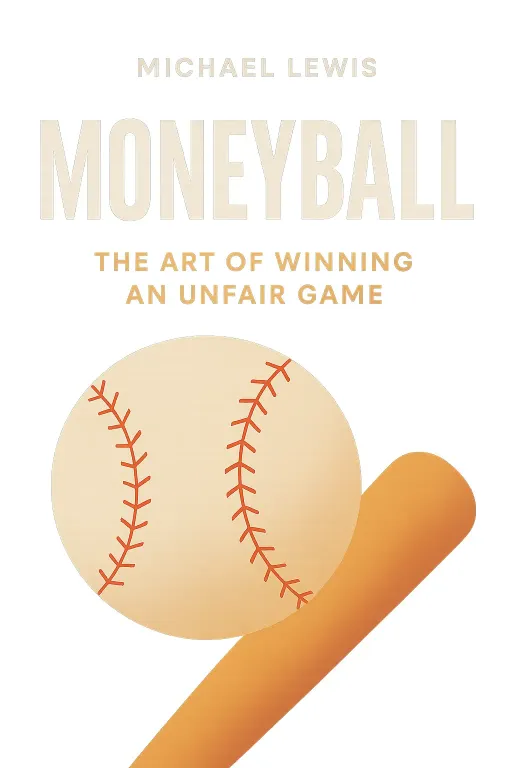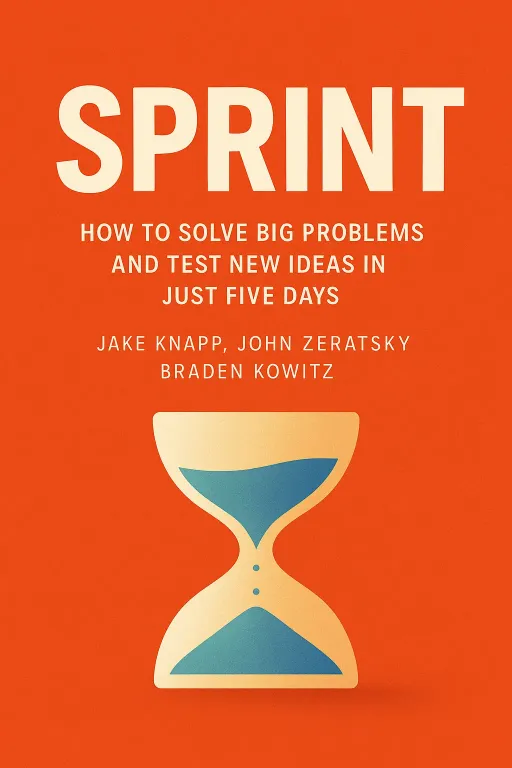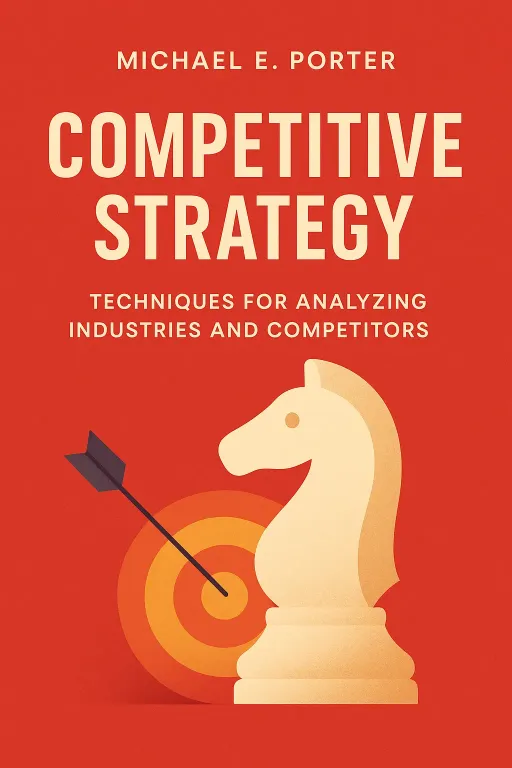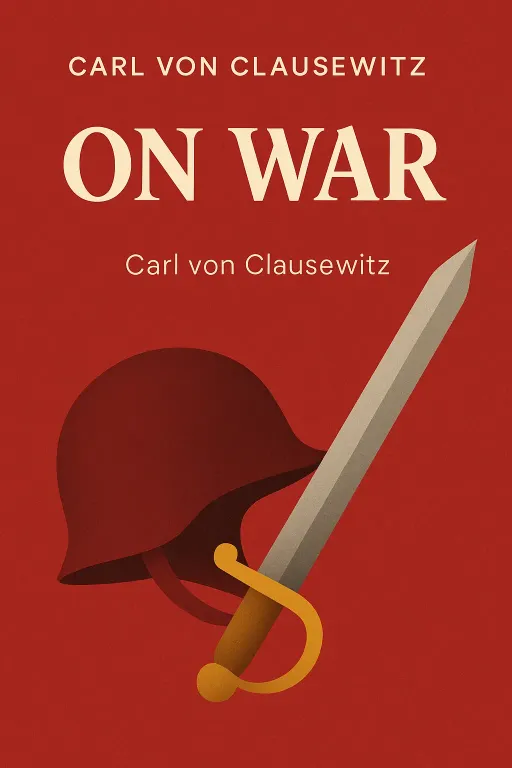
On War
10 minIntroduction
Narrator: Imagine a young soldier stepping onto a battlefield for the first time. To someone who has never known true danger, the idea of war might seem attractive, even heroic. But reality quickly shatters this illusion. The experience begins not with a single, glorious charge, but with the distant rumble of cannons. As the soldier moves forward, the whir of cannonballs grows closer, and soon, shots strike the ground nearby. He sees a comrade fall, wounded. The air fills with the thunder of guns and the hail of musket balls. The light of reason itself seems to bend and distort in this environment of chaos and fear. Even the bravest person finds their judgment clouded, their senses overwhelmed.
This chasm between war on paper and war in reality is the central problem explored in Carl von Clausewitz’s monumental work, On War. Written in the early 19th century, it’s not a simple manual for victory but a deep, philosophical examination of the very nature of conflict. Clausewitz, a Prussian soldier who experienced the Napoleonic Wars firsthand, sought to create a theory that could account for the unpredictable, violent, and profoundly human character of war.
War is an Instrument of Politics
Key Insight 1
Narrator: At its most basic level, Clausewitz defines war with brutal simplicity: it is "an act of force to compel our enemy to do our will." It’s a physical contest, a duel on a massive scale, where the ultimate aim is to disarm the opponent and render them powerless. However, Clausewitz’s most enduring contribution is his argument that war is never an end in itself. It is not a senseless act of violence that erupts in a vacuum. Instead, he famously states that "war is merely the continuation of policy by other means."
This means that every act of war, from a single skirmish to a full-scale invasion, should be guided by a political objective. The decision to go to war is a political one, and the goals of that war are political goals. Military action is the tool, but policy is the guiding intelligence. Clausewitz himself demonstrated this belief late in his life when he was asked to analyze a strategic problem. The problem detailed the military forces of two opposing sides but gave no information about their political situations or goals. Clausewitz politely refused, arguing that a sensible plan was impossible to draft without knowing the political context. For him, there could be no purely military evaluation of a great strategic issue, because the plan itself is shaped by what a state hopes to achieve.
The Unpredictable Fog and Friction of War
Key Insight 2
Narrator: While the plans for war might seem simple, Clausewitz introduces a concept that explains why they so often go awry: friction. He writes, "Everything in war is very simple, but the simplest thing is difficult." Friction is the force that distinguishes real war from war on paper. It’s the accumulation of countless, unforeseen minor incidents—bad weather, faulty intelligence, a delayed supply convoy, a misunderstood order—that combine to impede action.
He compares action in war to moving through a resistant element, like trying to walk in water. A commander might plan a swift march, but then a sudden fog rolls in, obscuring the enemy and preventing artillery from firing. A rainstorm turns roads to mud, bogging down cavalry and delaying battalions. These aren't grand strategic blunders; they are the mundane, everyday difficulties that grind down the military machine. This constant uncertainty is what Clausewitz calls the "fog of war." Intelligence is often contradictory, false, or simply late. Fear exaggerates bad news, and the reality on the ground rarely matches the plan. The Prussian army’s devastating defeat at Jena-Auerstedt in 1806 served as a powerful example of this, where a rigid and overconfident military machine was completely overwhelmed by the friction of real combat against Napoleon's more flexible forces.
The Harmony of Military Genius
Key Insight 3
Narrator: If war is defined by fog and friction, what kind of leader can navigate it? Clausewitz argues that it requires a special set of qualities he calls "military genius." This isn't about a single, brilliant skill. Rather, it’s a harmonious combination of intellectual and temperamental gifts. The first requirement is courage—not just physical bravery in the face of danger, but also the moral courage to accept immense responsibility.
Beyond courage, a commander needs a powerful intellect. In the fog of war, a leader must possess what Clausewitz calls coup d’oeil, an "inquiring eye" that allows for a rapid and intuitive grasp of the truth in a chaotic situation. This is paired with determination, the resolve to act on that insight without hesitation. Finally, a commander needs immense strength of character to withstand the psychological burdens of war. They must remain balanced under extreme stress, inspire hope in their troops, and adhere to their convictions without falling into mere obstinacy. Clausewitz points to historical figures like Charles XII of Sweden, a brilliant tactical leader who ultimately failed because he lacked the strategic wisdom to subordinate his military victories to sound political goals. True genius, for Clausewitz, required the whole package.
The Dual Nature of War
Key Insight 4
Narrator: As Clausewitz refined his theories, he recognized that not all wars are fought with the same intensity or for the same goals. This led him to develop the concept of the "dual nature" of war. On one hand, there is "absolute war," which is the logical extreme of conflict. In this theoretical form, the sole aim is the complete overthrow of the enemy, using the maximum possible force without restraint. It’s a pure, abstract concept of total violence.
On the other hand, there is "limited war," which is how most conflicts actually unfold in the real world. In a limited war, the objective is not to annihilate the enemy but to achieve a more modest political goal, such as seizing a piece of territory to use as a bargaining chip in peace negotiations. Here, the political purpose reasserts itself and moderates the use of force. The cost of achieving the objective must be weighed against its value. The career of Frederick the Great provides a compelling illustration. During the Seven Years' War, facing a coalition of much stronger powers, Frederick knew he couldn't achieve an absolute victory. Instead, he fought a brilliant limited war, using a strategy of attrition to wear down his enemies until the political cost of continuing the war became too high for them, allowing him to secure Prussia's survival.
The Enduring and Misunderstood Legacy
Key Insight 5
Narrator: Since its publication, On War has been both revered and profoundly misunderstood. Its influence was cemented by Helmuth von Moltke, the Chief of the Prussian General Staff, who masterfully applied Clausewitzian principles to achieve the swift victories that unified Germany in the 1860s and 70s. Moltke focused on the destruction of the enemy's forces and the importance of concentrating strength at the decisive point. However, he also diverged from Clausewitz on the crucial point of political control, believing that once war began, politicians should fall silent and let the generals take over.
This interpretation, which prioritizes military victory over political guidance, has been a recurring theme. In the 20th century, critics blamed Clausewitz for the "fight to a finish" mentality that led to the carnage of World War I. Later, the conflict between U.S. General Douglas MacArthur and President Truman during the Korean War highlighted the same tension. MacArthur, like Moltke, sought total military victory and chafed at the political limitations of a limited war. This clash demonstrated the enduring relevance of Clausewitz’s central warning: military means must always serve political ends.
Conclusion
Narrator: If there is one single idea to take away from On War, it is the absolute primacy of the political objective. War is not a separate realm with its own rules; it is a tool of the state, an instrument to achieve a political purpose. When the military objective becomes unmoored from its political foundation, strategy loses its way, and violence can become an end in itself, leading to disastrous consequences.
Clausewitz’s work challenges us to think critically about the very nature of conflict. Even two centuries later, in an age of cyber warfare, drones, and nuclear deterrence, his fundamental questions remain startlingly relevant. How does a nation ensure that its use of force, in any form, remains rationally tied to its political goals? In a world of complex and often borderless conflicts, Clausewitz’s insistence on clarity of purpose is more important than ever.
